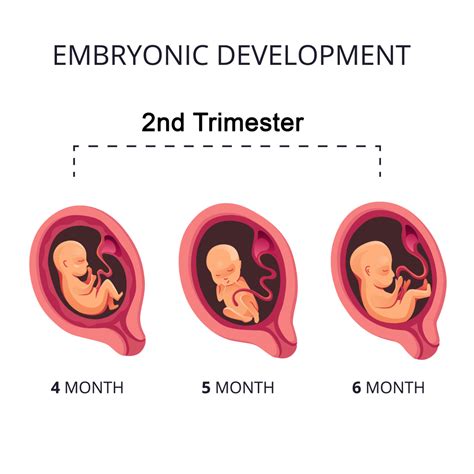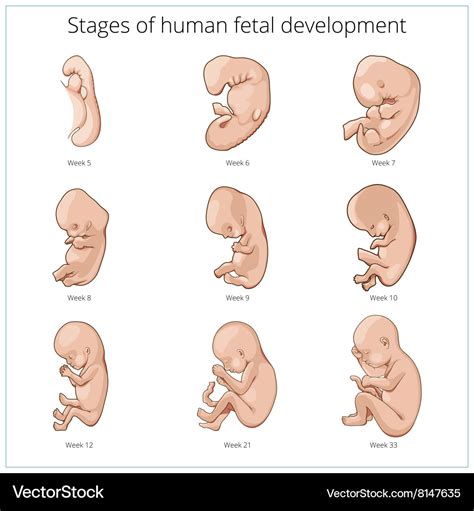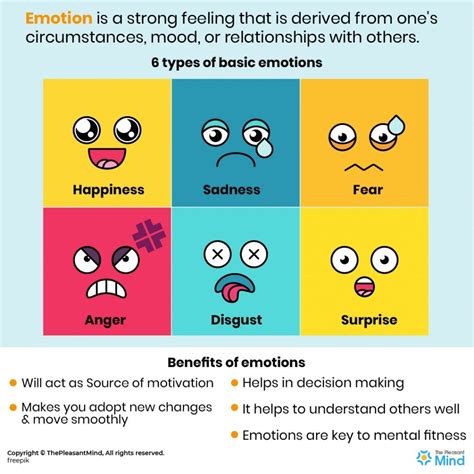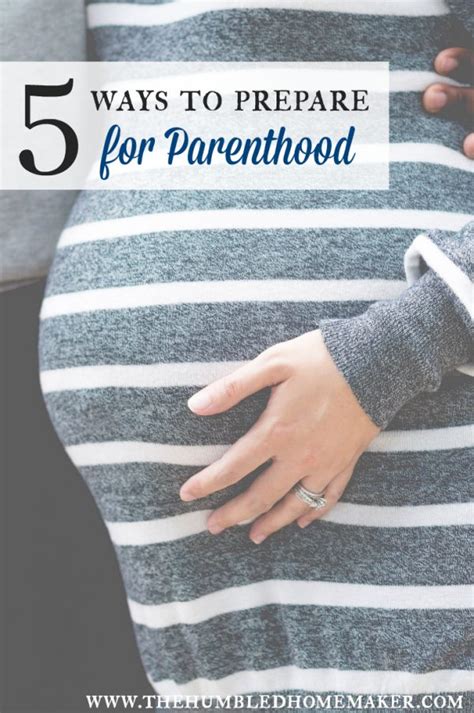Intro
Discover a comprehensive Second Trimester Pregnancy Guide, covering fetal development, pregnancy symptoms, and prenatal care, to ensure a healthy pregnancy and baby.
The second trimester of pregnancy, which spans from week 13 to week 26, is a critical period of fetal development and maternal health. During this time, the fetus grows rapidly, and its major organs and body systems begin to function. For expectant mothers, the second trimester often brings relief from the initial symptoms of pregnancy, such as morning sickness and fatigue, and is characterized by a sense of well-being and energy. Understanding the physical and emotional changes that occur during this period is essential for pregnant women to navigate this critical phase of pregnancy with confidence and preparation.
As the second trimester progresses, women may start to feel more connected to their growing baby, as they begin to experience fetal movements, such as kicking, rolling, and stretching. This increased fetal activity can be an exciting and reassuring sign of the baby's development and health. Moreover, the second trimester is a critical period for prenatal testing and screening, which can help identify potential complications or genetic disorders early on. Regular prenatal check-ups and ultrasounds can provide valuable insights into the baby's growth and development, allowing expectant mothers to address any concerns or issues promptly.
The second trimester is also a time of significant physical changes for pregnant women, as their bodies adapt to the growing demands of pregnancy. As the uterus expands, women may experience a range of symptoms, including back pain, pelvic pressure, and stretch marks. Furthermore, hormonal fluctuations can lead to mood swings, anxiety, and emotional ups and downs. Despite these challenges, many women find the second trimester to be a time of great joy and anticipation, as they prepare for the arrival of their baby and start to plan for parenthood.
Physical Changes During the Second Trimester

Some common physical symptoms of the second trimester include:
- Back pain and pelvic pressure
- Braxton Hicks contractions
- Breast tenderness and swelling
- Fatigue and sleep disturbances
- Food cravings and aversions
- Heartburn and indigestion
- Mood swings and emotional changes
- Stretch marks and skin changes
- Swelling and varicose veins
Weight Gain and Nutrition
A healthy diet and adequate weight gain are crucial during the second trimester, as they support the baby's growth and development. Expectant mothers should focus on consuming nutrient-rich foods, such as fruits, vegetables, whole grains, lean proteins, and healthy fats. A well-balanced diet can help alleviate symptoms, such as morning sickness and fatigue, and support the baby's overall health.Some essential nutrients for pregnant women include:
- Folic acid
- Iron
- Calcium
- Protein
- Omega-3 fatty acids
- Vitamin D
Fetal Development During the Second Trimester

Some notable milestones in fetal development during the second trimester include:
- Brain and nervous system development
- Sensory organ development (eyes, ears, nose, and mouth)
- Digestive system development
- Circulatory system development
- Musculoskeletal system development
- Skin and hair growth
Prenatal Testing and Screening
Regular prenatal testing and screening are essential during the second trimester, as they can help identify potential complications or genetic disorders early on. Some common prenatal tests include: * Ultrasound scans * Blood tests (e.g., glucose screening, blood type) * Urine tests (e.g., protein, glucose) * Non-stress tests (NSTs) * Biophysical profiles (BPPs)These tests can provide valuable insights into the baby's growth and development, allowing expectant mothers to address any concerns or issues promptly.
Emotional Changes During the Second Trimester

Some common emotional changes during the second trimester include:
- Mood swings and irritability
- Anxiety and worry
- Fear and uncertainty
- Excitement and anticipation
- Emotional attachment to the baby
- Changes in relationships with partners, family, and friends
Coping with Emotional Changes
To manage emotional changes during the second trimester, pregnant women can try: * Practicing relaxation techniques (e.g., meditation, deep breathing) * Engaging in physical activity (e.g., walking, yoga) * Connecting with others (e.g., support groups, online communities) * Prioritizing self-care (e.g., rest, nutrition, hobbies) * Seeking professional help (e.g., therapy, counseling)By acknowledging and addressing emotional changes, expectant mothers can better navigate the challenges of pregnancy and prepare for a healthy, happy transition to parenthood.
Preparing for Parenthood

Some essential items to prepare for the baby's arrival include:
- Diapers and diapering supplies
- Clothing and accessories (e.g., onesies, socks, hats)
- Baby gear (e.g., crib, stroller, car seat)
- Breastfeeding supplies (e.g., nursing pillow, breast pump)
- Baby monitors and safety equipment
Building a Support Network
A strong support network is crucial for new parents, as it can provide emotional support, practical help, and a sense of community. Expectant mothers can build their support network by: * Connecting with family and friends * Joining online communities and forums * Attending prenatal classes and workshops * Participating in local parenting groups and meetupsBy building a support network, new parents can navigate the challenges of parenthood with confidence and preparation.
What are the most common symptoms of the second trimester?
+The most common symptoms of the second trimester include back pain, pelvic pressure, breast tenderness, and mood swings. Additionally, women may experience food cravings, heartburn, and indigestion.
How can I manage weight gain during the second trimester?
+To manage weight gain during the second trimester, focus on consuming nutrient-rich foods, such as fruits, vegetables, whole grains, lean proteins, and healthy fats. Additionally, stay hydrated, engage in regular physical activity, and prioritize sleep and stress management.
What are the benefits of prenatal testing and screening?
+Prenatal testing and screening can help identify potential complications or genetic disorders early on, allowing expectant mothers to address any concerns or issues promptly. Regular prenatal check-ups and ultrasounds can provide valuable insights into the baby's growth and development.
As expectant mothers navigate the second trimester, it's essential to prioritize their physical and emotional health, stay informed about fetal development, and prepare for parenthood. By doing so, they can ensure a healthy, happy transition to motherhood and provide the best possible start for their baby. We invite you to share your experiences, ask questions, or seek advice from our community of expectant mothers and healthcare professionals. Together, let's support and empower each other throughout this incredible journey of pregnancy and parenthood.
